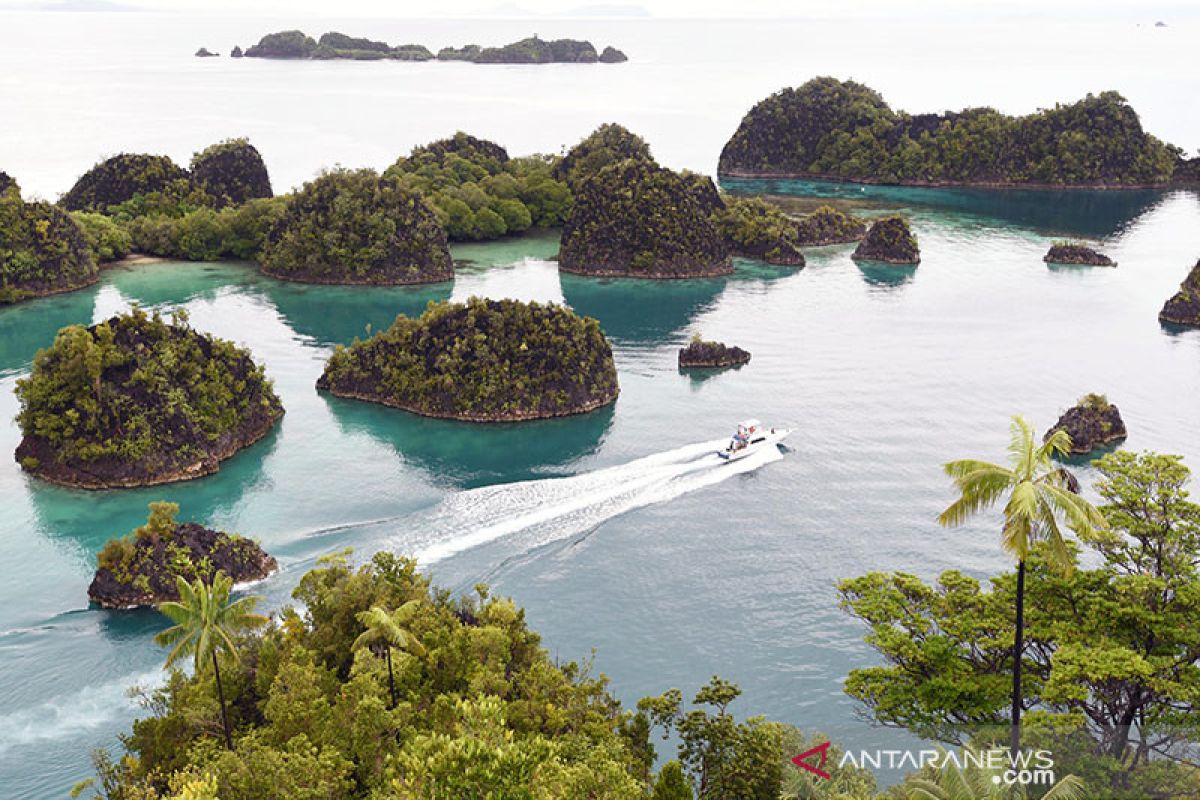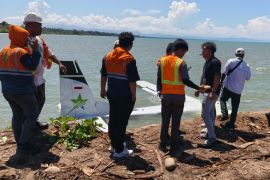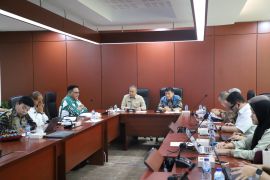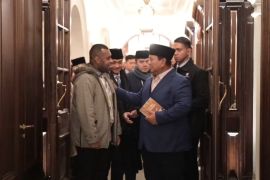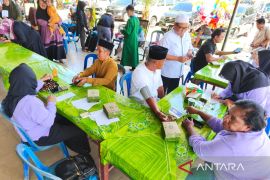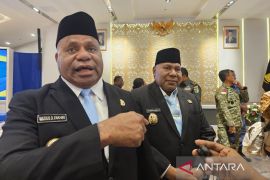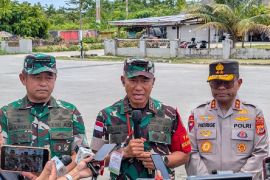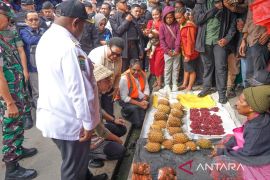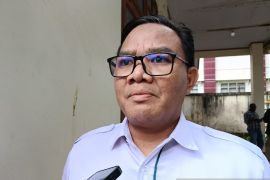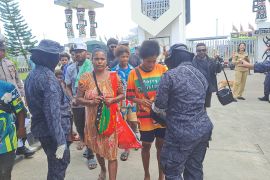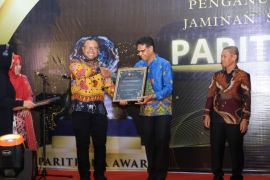This Papua Special Autonomy Law No. 21 of 2001 will expire in November 2021. Therefore, the bill for amending it is being deliberated at the House of Representatives (DPR).
To meet the deadline, the House members have listed it as one of dozens of their priority bills in this year's National Legislation Program (Prolegnas).
The Finance Ministry data showed that during the implementation of the Papua special autonomy law, the government has disbursed Rp138.65 trillion for Papua and West Papua's special autonomy funds and additional funds for infrastructure projects.
Meanwhile,the total amounts of regional transfer and village funds the government had disbursed to the two provinces from 2002 to 2021 were recorded at Rp702.3 trillion, according to People's Consultative Assembly (MPR) speaker Bambang Soesatyo.
Apart from the flow of the central government's significant amounts of funds into Papua and West Papua, the two provinces still struggle to improve the quality of their human capital as their scores in Indonesia's 2020 Human Development Index remained under the national average recorded at 71.94.
Statistics Indonesia (BPS) revealed that Papua and West Papua had recently scored 60.44 and 65.09 respectively on the 2020 Human Development Index. Their scores remained lower than that achieved by Aceh Province that stood at 71.94.
The BPS data released in February this year further showed that the poverty rates of Papua and West Papua were recorded at 26.8 percent and 21.7 percent respectively.
The development outcomes also remain inequitable for native Papuan communities as shown apparently by their low income level and lack of access to education and health services.
In the midst of this challenging reality, the government has hinted its intent to extend the allocation of special autonomy funds for Papua and West Papua by another two decades to accelerate its endeavors to close the development gap and usher in prosperity for all communities in the region.
People's Consultative Assembly (MPR) speaker Bambang Soesatyo has drawn attention to several areas that require the government's attention once the Papua special autonomy law's renewal can have been completed prior to its expiry in November this year.
He has even echoed his demand that the renewal of Papua Special Autonomy Law No. 21 of 2001 be able to solve problems lingering as the law has approached two decades in force.
"Evaluating the implementation of the special autonomy law on a regular basis, as mandated by the law's Article 78, is so indispensable. By doing so, we can assess its effectiveness, accountability, and outputs," he stated.
More importantly, the government and other related stakeholders will comprehend whether the government's granted special autonomy facilities have optimally brought positive impacts to the people at large in the provinces of Papua and West Papua.
On June 10, 2021, Bambang Soesatyo held a virtual meeting with several representatives of the Papua provincial government, Papua legislative body, and MPR.
The meeting's attendees also comprised the Papua provincial government's secretary, Dance Yulian Flassy; Papua legislative body's speaker, Jhony Banua Rouw; Papuan People's Assembly (MRP) Speaker Timotius Murib; and MPR deputy speaker Syarif Hasan.
Soesatyo emphasized that the government's physical development approaches in Papua and West Papua by expediting infrastructure development programs; attracting more investment; and opening industrial areas, among others, are merely part of the essential elements of effective development.
However, the government should not overlook the human capital of these two easternmost provinces, he stated.
To address the remaining problems, the Papua Task Force of the Yogyakarta-based Gadjah Mada University (UGM) has proposed a "reinstrumentation" of the Papuan special autonomy law owing to the complexity of the Papua issue.
Head of UGM's Papua Task Force, Bambang Purwoko, presented the proposal during a hearing session with members of the House of Representatives on June 3, 2021.
The proposed "reinstrumentation" covers three important points. The first point is related to the need to widen the special autonomy outreach to the level of district and city administrations.
"This improvement is significant to address the special autonomy issues which remain general in nature," Bambang Purwoko argued.
Due to wider outreach, the benefits of the special autonomy programs would be felt by the people at large, including those in villages, he added.
The second point of the UGM proposal is related to the arrangement of special autonomy funds to allow native Papuans to gain access to them.
Related news: Nemangkawi Task Force nabs Papuan separatist
Related news: Renewal of Papua special autonomy law must solve problems: MPR
In this regard, native Papuans can receive special autonomy funds through the so-called "Special Autonomy Fund Card".
The cards can be used by eligible recipients for meeting the needs for education, healthcare, as well as purchasing basic necessities, and building materials.
To achieve this, Bambang Purwoko highlighted the importance of coordinating and synergizing the use of village funds and ministries and government agencies' expenditures to meet the people's basic needs.
The third point is related to the need to make more specific regulations on expansion of provinces, cities, and districts in these Indonesia's easternmost provinces.
Regional expansion must be seen in the context of development acceleration strategies, improvement of public services, social welfare redistribution, respecting Papuan customs, and elevating native Papuans' dignity, he explained.
The House members who are currently striving to finish renewing the Papua Special Autonomy Law No. 21 of 2001 are expected to consider this UGM's valuble input.
The government is indeed mandated by the State Constitution to ensure that Indonesian provinces, including Papua and West Papua, see more equitable development, distribution of wealth, and prosperity.
Related news: Preserving Papua's iconic Tifa
Related news: Thohir urges SOEs to empower students and women
Copyright © ANTARA 2021
